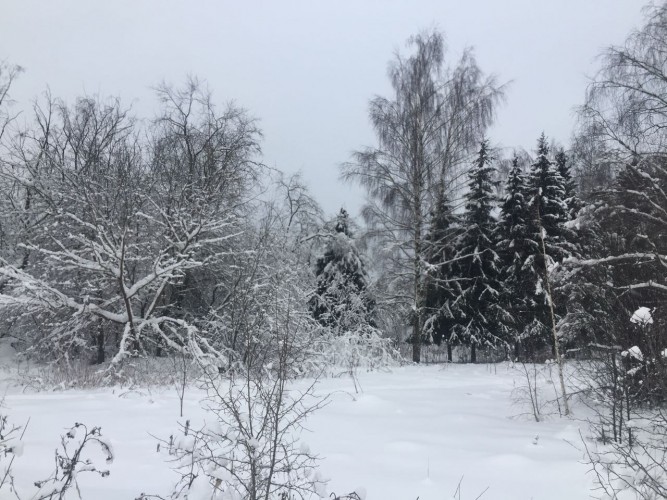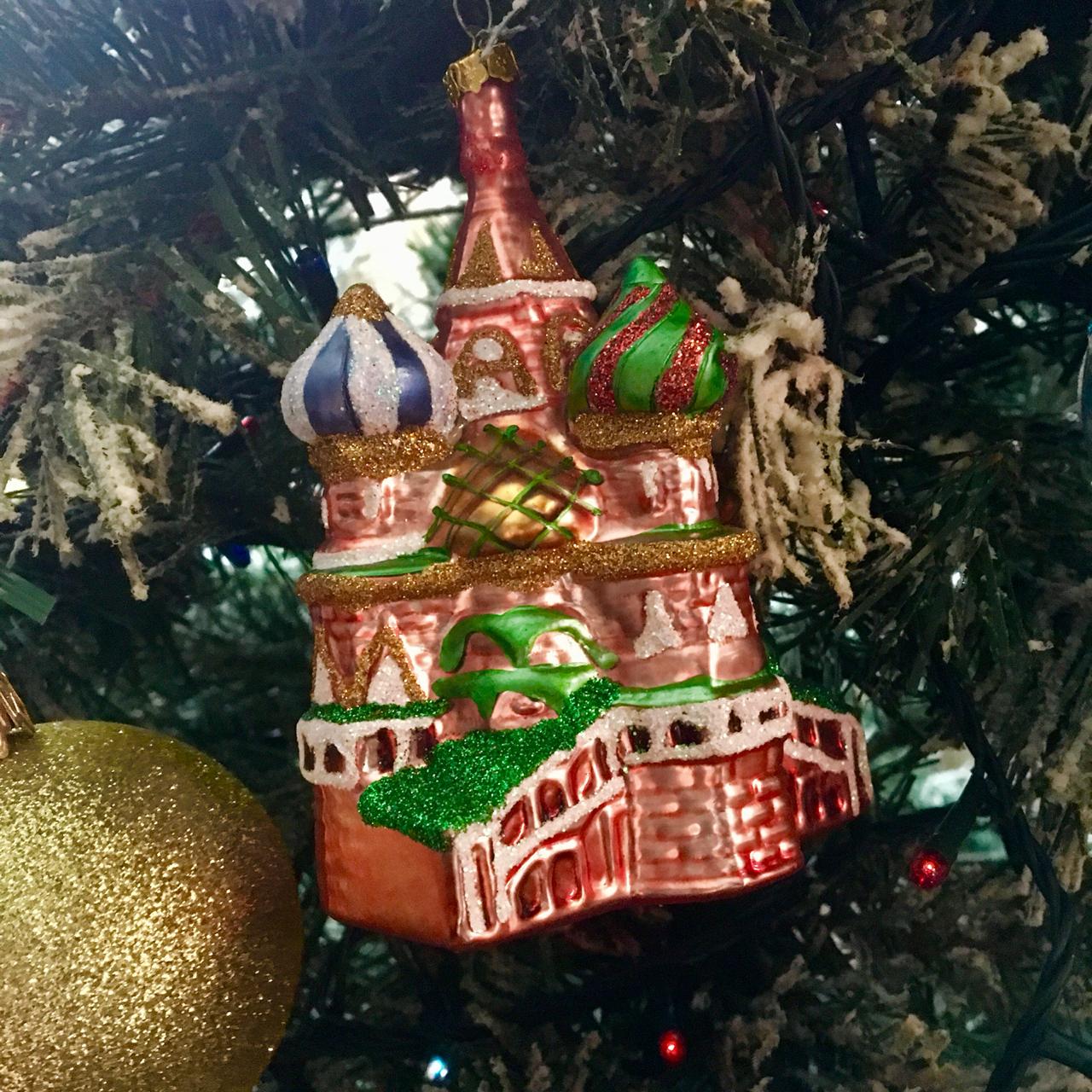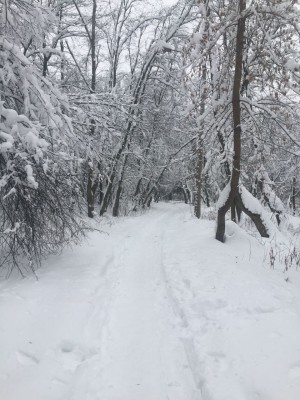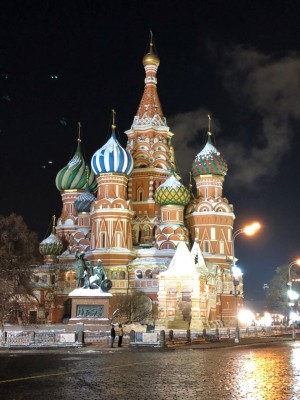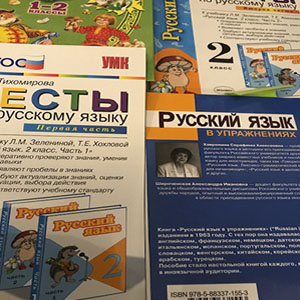The Russian orthodox Christmas is 13 days later than the western European one. The reason is the change of calendars after the revolution of 1917. Before that, Russia was using the Julian calendar which was replaced in Europe (but not Russia!) in 1582 by a more accurate Gregorian one. The new Soviet government that came to power as a result of the revolution of 1917 introduced the Gregorian calendar in Russia, but the Russian Orthodox church refused to follow it. So Russian church festivals “lag behind” the Western ones.
How old is the Russian Christmas tradition?
In Russia the tradition of celebrating Christmas goes back to the 10th century, when Russia adopted Christianity (before that, Russia was a pagan country with its own pantheon of Slavic Gods). At that time, all Christian festivals were heavily influenced by the pagan ones, and the celebration of Christmas was closely related to the ancient Slavic winter celebration in honour of the spirits of ancestors.
Christmas traditions in Russia
Christmas Eve is called Sochelnik in Russian. The name is derived from the food eaten by monks on this day – “sochivo”, made of boiled wheat and honey. It is forbidden for orthodox Christians to eat or drink anything on that day before the first star in the sky appears.
In the country people used to make bonfires on Christmas Eve – this old Slavic tradition symbolised the return of the Sun, the victory of light over darkness and the cult of deceased ancestors. The spirits of ancestors were supposed to come to the bonfires to warm up because they were cold lying in the winter ground.
Christmas Eve supper is a special occasion, consisting of 12 dishes. But in the 40 days before Christmas, people are supposed to observe a strict lent: no meat, butter, milk or eggs, and on some days of the week no fish, oil or wine either. In the last week before Christmas the lent becomes stricter and includes spiritual elements: prayers, forgiveness, staying away from entertainment (including television and social media!)
After the start of Christmas (midnight of the 6th), luxury foods come back. The festive menu is heavy and versatile: the traditional sochivo, pancakes, fish, ham, lamb with buckwheat, sausage, roast piglet, goose or duck with apples, pies and pastries… Russians like to eat, as you probably know!
Sviatki – ÑвÑтки – as part of Russian Christmas tradition
The 12-day period after Christmas is called “ÑвÑтки”, from “sviatoi” – “holy”. During this time, people are supposed to play games, enjoy rich meals, go around houses singing Christmas carols, go for downhill sledge rides, congratulate everyone on the Sun turning towards summer. These are also the days when one can predict the future. So girls practised (and some still do!) all sorts of divination, at night, with mirrors and candles, in order to see their future husband.
Divination in the country was a special event, more like a girls’ party, with scary stories about what can happen if the magical process goes wrong (a devil may jump out of the mirror at midnight and strangle you, or even worse, carry you away!), and how to avoid it. One of the simplest and silliest methods of Christmas fortune-telling is described by Pushkin and other Russian poets: a girl takes off a shoe or a boot and chucks it through the window. If it’s found by a man, the girl should ask his name, and this will be the name of her future husband. Or you can go around people’s houses and listen at the windows for any snippets of conversation. That conversation will contain the prediction for the coming year. These days, fortune-telling with candle wax and coffee is a well known entertainment (harmless and of course pointless, but who cares?)
The loss of Christmas tradition in the Soviet era
Having said all this, I should mention that Christmas, being a religious festival, was not celebrated during the Soviet era (for about 70 years) and the tradition was partly lost. It was brought back as a national holiday and a day off in 1991, after the disintegration of the Soviet Union. However, Russian Christmas is still regarded a religious event, celebrated mostly by true believers. The New Year remains the main holiday of the winter in Russia, and the most favourite holiday of the year.
